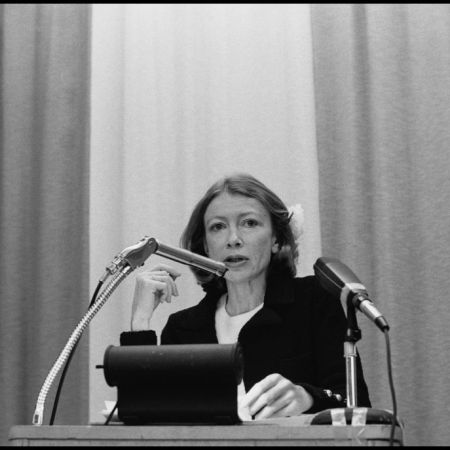Writers making use of pseudonyms is not a new phenomenon — just ask George Eliot, Mark Twain or George Orwell. There are some writers, like Fernando Pessoa and Antoine Volodine, who have embraced using multiple pseudonyms. Writers’ reasons for using pseudonyms are as varied as the minds of writers themselves. In some cases, the use of a pseudonym might more of a stylistic flourish than anything else; in others, an author’s true identity might be a closely-guarded secret. This year, however, the revelation of one pseudonym’s true identity sparked a much larger debate.
At The New York Times, Nicholas Casey wrote about the novelist Carmen Mola — a writer whose most recent work, the novel La Bestia, won the prestigious Planeta Prize. Casey notes that Mola’s nominal identity was that of “a married, female professor who lived in Madrid.” This was not the case, however — Mola was in fact the alias of three men (Jorge Díaz, Antonio Mercero and Agustín Martínez) who collaborated on several novels under the name.
According to Mercero, Casey writes, the collaborators’ goal in choosing to write under a woman’s name “was to overturn a sexist convention that had bothered them, that detective books should be about men.” Aspects of the book’s reception, however, have complicated matters, including one Mola novel being chosen for “a regionwide book club featuring female authors.”
While not as fraught as the debate prompted by a white poet creating work under the name of a Japanese man a few years ago, it’s not hard to see why the trio of writers’ decision to use this particular pseudonym had led to such controversy.
Thanks for reading InsideHook. Sign up for our daily newsletter and be in the know.


















